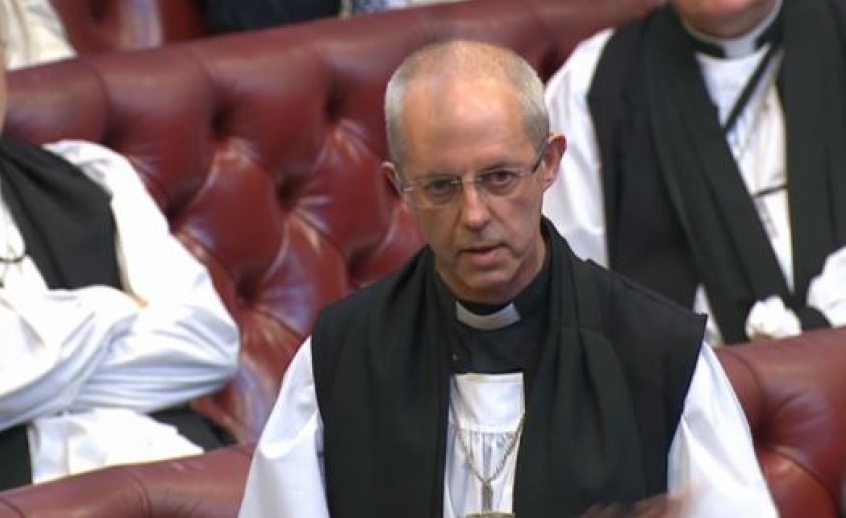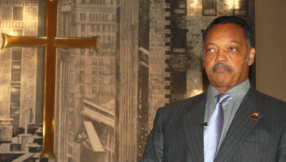The place of 26 bishops in the House of Lords is not without controversy.
They are there by right and the Church of England, by virtue of its status as the established religion, is the only denomination, Christian or otherwise, to have guaranteed representation in parliament.
But another controversy surrounds whether bishops in the Lords can vote.

Technically the Lords Spiritual, as they are officially known, are the only peers who can vote in general elections.
Under a convention stretching back to the 17<sup>th century, no member of the House of Lords can vote to elect representatives in the House of Commons as they themselves can already sit in Parliament.
But bishops are exempt from this.
'That is because they do not have permanent membership of your Lordships' House,' said then Cabinet Office Minister Lord Wallace of Saltaire explaining this anomaly in a 2013 debate.
'They retire at 70, well before the onset of statutory senility.'
Despite this immunity, bishops in the House of Lords do not, by convention, vote in general elections.
A CofE spokesman told Christian Today bishops are advised by Church officials not to vote.
One infamous exception is Robert Runcie in 1983, then Archbishop of Canterbury, who could not resist the temptation to vote against Margaret Thatcher. The revelation that he had voted led to frontpage headlines and questions in parliament.
Although he didn't officially reveal who he voted for, his commission on urban poverty which led to the famous Faith in the City report left little doubt over his political leaning.
The issue has raised its head a number times since then.
Shortly before the general election campaign in 2010 began, the Bishop of Ripon and Leeds asked whether it was 'in order' for bishops to vote and whether 'they should therefore be encouraged like all good citizens to use their vote?'.
Then Justice Minister Lord Bach responded by saying although there as 'no bar' to bishops voting, there'has long been the tradition that they do not do so'.
He reminded the Bishop: 'While they are not peers, they none the less sit in this House and can therefore participate in person in the proceedings of Parliament instead of being represented in the House of Commons.
'There is no legal bar to the Lords Spiritual voting in a general election; it is very much a matter for them.'
Much of the research for this piece is thanks to a helpful blog post by the Church in Parliament team.













